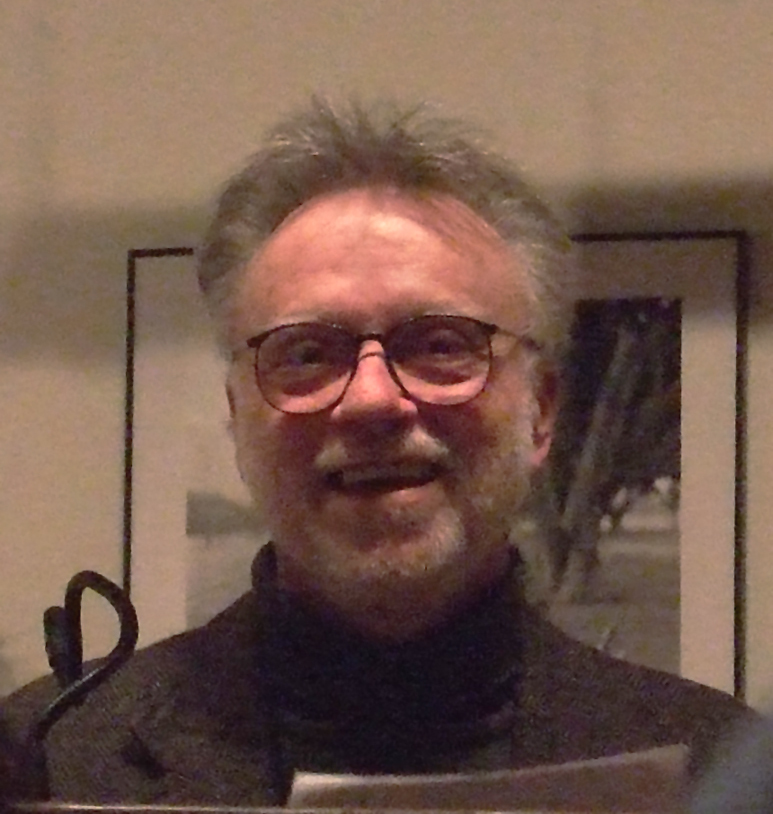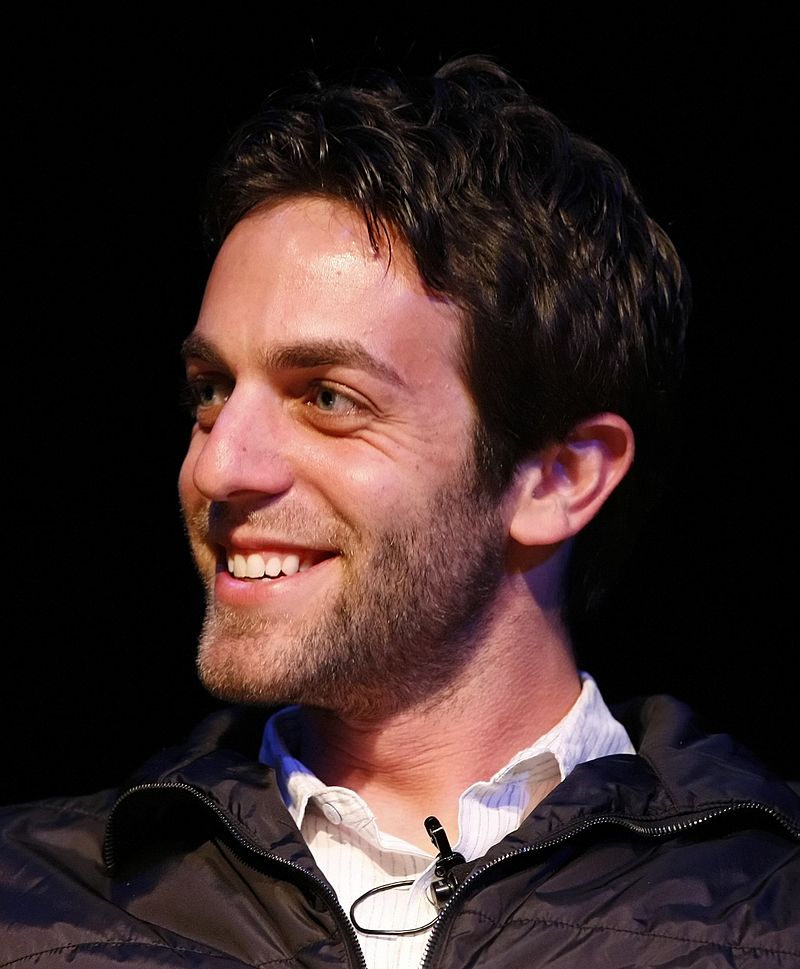 author
authorDiscover the Best Books Written by E.L. Doctorow
Edgar Lawrence Doctorow (January 6, 1931 – July 21, 2015) was an American novelist, editor, and professor, best known for his works of historical fiction.
He wrote twelve novels, three volumes of short fiction, and a stage drama. They included the award-winning novels Ragtime (1975), Billy Bathgate (1989), and The March (2005). These, like many of his other works, placed fictional characters in recognizable historical contexts with known historical figures and often used different narrative styles. His stories were recognized for their originality and versatility, and Doctorow was praised for his audacity and imagination.
A number of Doctorow's novels and short stories were also adapted for the screen, including Welcome to Hard Times (1967) starring Henry Fonda, Daniel (1983) starring Timothy Hutton, Billy Bathgate (1991) starring Dustin Hoffman, and Wakefield (2016) starring Bryan Cranston. His most notable adaptations were the film Ragtime (1981) and the Broadway musical of the same name (1998), which won four Tony Awards.
Doctorow was the recipient of numerous writing awards, including the National Book Critics Circle Award for Ragtime, the National Book Critics Circle Award for Billy Bathgate, the National Book Critics Circle Award for The March, and the American Academy of Arts and Letters Gold Medal for Fiction. Former President Barack Obama called him "one of America's greatest novelists."
To support his family, Doctorow spent nine years as a book editor, first at New American Library working with Ian Fleming and Ayn Rand among others; and from 1964, as editor-in-chief at Dial Press, publishing work by James Baldwin, Norman Mailer, Ernest J. Gaines, and William Kennedy, among others.
In 1969, Doctorow left publishing to pursue a writing career. He accepted a position as Visiting Writer at the University of California, Irvine, where he completed The Book of Daniel (1971), a freely fictionalized consideration of the trial and execution of Julius and Ethel Rosenberg for giving nuclear secrets to the Soviet Union during the Cold War. It was widely acclaimed, called a "masterpiece" by The Guardian, and said by The New York Times to launch the author into "the first rank of American writers," according to Christopher Lehmann-Haupt.
Doctorow's next book, written in his home in New Rochelle, New York, was Ragtime (1975), later named one of the 100 best novels of the 20th century by the Modern Library editorial board. His subsequent work includes the award-winning novels World's Fair (1985), Billy Bathgate (1989), and The March (2005), as well as several volumes of essays and short fiction.
Novelist Jay Parini is impressed by Doctorow's skill at writing fictionalized history in a unique style, "a kind of detached but arresting presentation of history that mingled real characters with fictional ones in ways that became his signature manner." In Ragtime, for example, he arranges the story to include Sigmund Freud and Carl Jung sharing a ride at Coney Island or a setting with Henry Ford and J. P. Morgan.
Although the immense research Doctorow needed to create stories based on real events and real characters, reviewer John Brooks notes that they were nevertheless "alive enough never to smell the research in old newspaper files that they must have required." Doctorow demonstrated in most of his novels "that the past is very much alive, but that it's not easily accessed," writes Parini. "We tell and retell stories, and these stories illuminate our daily lives. He showed us again and again that our past is our present and that those not willing to grapple with 'what happened' will be condemned to repeat its worst errors."
Best author’s book



















